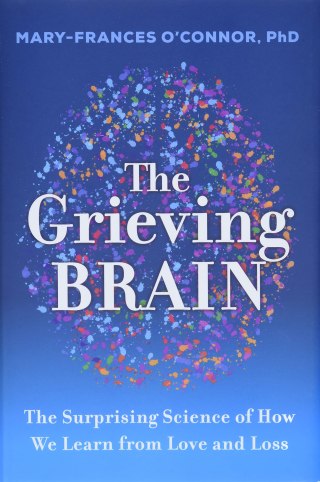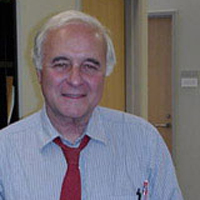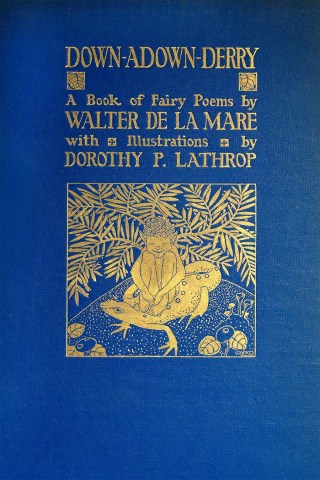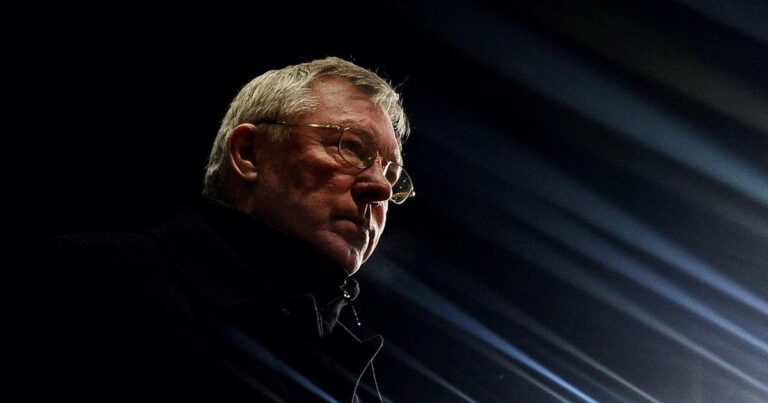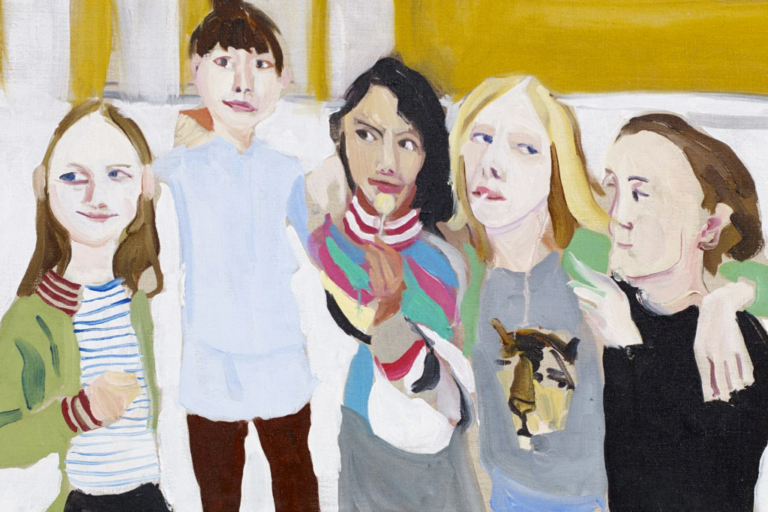According to this view, mathematics is infallible, being the only science to offer us perfect certainty. However, the basic assumptions upon which mathematics rests have been constructed by people. Moreover, mathematical proofs are often informal. They are designed to convince mathematicians and cannot be automatically checked by computers.
Her goal is to develop a theory of how mathematical knowledge is generated and shared in practice. She will show how mathematical objectivity can be achieved by human, fallible subjects.
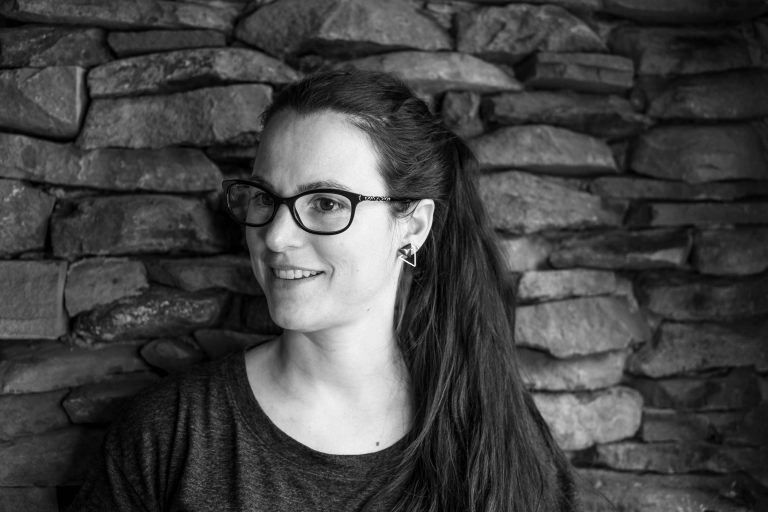
Dr. De Toffoli will be working at Linköping University over the course of the fellowship.
She is the only philosopher among this year’s class of 27 Wallenberg Academy Fellows. You can learn more about the fellowship program and the other fellows here.
Dr. De Toffoli’s project is “Humanizing Mathematical Knowledge.” It will explore the “human weaknesses” of mathematics, and is described by the Wallenberg Foundation as follows:
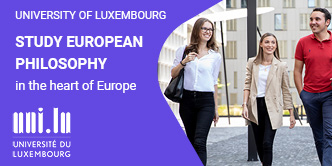
Mathematics is often presented as being entirely logical in nature—free of human weaknesses. However, mathematics is built upon axioms and arguments constructed by people. Wallenberg Academy Fellow Silvia De Toffoli will develop a theory of mathematical knowledge that does not overidealize the field.
Mathematics can be almost eerily good at describing everything from the universe to the tiniest particles. Therefore, many people believe that mathematics is something that has always existed, that humanity is merely discovering.
Silvia De Toffoli, currently a postdoctoral fellow in philosophy at Princeton University, has won a Wallenberg Academy Fellowship, which comes with funding of over 1 million euros over the next five years.
The project that Dr. Silvia De Toffoli (Princeton University, USA) will undertake lies in the region between the perfection of mathematics and the social world inhabited by mathematicians. She will analyze, for example, the legitimacy of different methods used to establish new mathematics—such as visual arguments, computer-assisted proofs, and proofs requiring large-scale collaborations.
